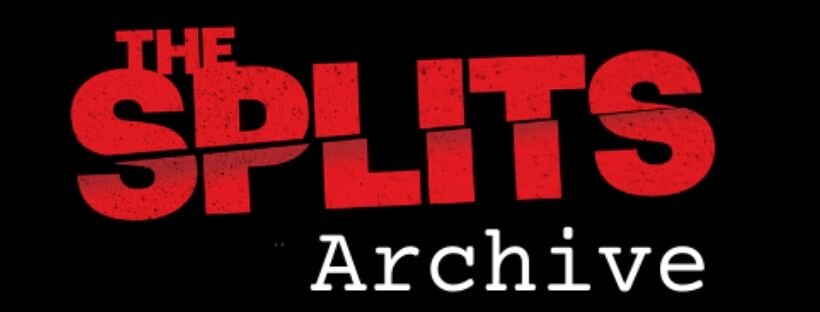Coronavirus - will we see a better world?
Coronavirus: can we hold on to our humanity in the face of so many dangerous bodies?
The number of people worldwide who have contracted coronavirus has risen to 600,000. The number of people contacting me to say my novel, The Splits, reminds them of real life has risen equally sharply, from zero over three years to eight in a fortnight.
“What do you think about the psychological impact?” said one reader. “I think there are already a few parallels with your book.”
“Your book feels prescient now the panic has settled in!” said another, based in London, the UK epicentre of the virus.
“Your book stayed with me anyway,” added a third. “Now I’m thinking about it all the time.”
The Splits is a zombie pandemic novel, and it would be ridiculous to compare COVID-19 to anything to do with zombies … were it not that my novel is an outlier within the genre. When I think about it, I’m truly surprised that my novel got so much right. And a little bit alarmed - but more of that later.
Unlike most zombie fiction, the infection I dreamed up is brought under control. The things that happen while it is ongoing are highly reminiscent of coronovirus - empty streets, food shortages, having to stay indoors, and the threat of martial law. But it’s all over by the end of the first chapter. The pandemic is not the end of the world, society does not disintegrate, there is no apocalypse. Once cases are brought down to an acceptable level, everything goes back to normal.
The same will happen with coronavirus, eventually.
However, the story of The Splits does not finish with the first chapter. The impact continues to be experienced and debated in my character’s homes and hearts. But here, too, there are parallels with coronavirus.
My characters want to understand the Splits, just as we are trying to understand Covid-19.
They want to be sure who has it and who doesn’t, but that turns out to be more complicated than ‘look - a zombie!’. It is the same with coronavirus - coughing might mean you have it, or it might not.
My characters are desperate for a cure, just as we are for coronavirus. There is a spectrum of vulnerability to the Splits - some people get the full blown disease while others have a asymptomatic but still infectious variety - just as with coronavirus.
My characters see the government get the disease under control in the short term, but they do not see it make the big changes needed to ensure long-term survival. This is similar to how real governments have behaved as Covid-19 spreads, and questions are already being asked about what will change in the aftermath.
The thing that alarms me is this. There is an added twist to my zombies, which is that they have ghosts. These ghosts are complete selves (whatever the human self is - soul, quantum computer, biological accident - your guess is as good as mine).
That means my infected are not just dangerous bodies - not just weaponised corpses like the zombies in World War Z - which you can shoot down without compunction. There is a treatment. It’s controversial, it’s unpredictable, it’s slow and it requires a massive change in mindset akin to the discovery that bacteria causes disease in the 18th century. But governments judge this cure unrealistic and unaffordable. So governments continue to shoot the infected.
This, to my mind, echoes the debate about whether or not to sacrifice the economy to save lives during the coronavirus pandemic. The UK government’s ‘herd immunity’ strategy basically meant letting people who are vulnerable to coronavirus die because it’s too expensive to keep them alive. In 2017, the UK government literally did not buy protective gear for NHS staff because it cost too much.
In The Splits human society doesn’t rise to the occasion. There’s no root and branch transformation, (although there might be later in The Splits Archive series). I hope this will not be the case after coronavirus. I hope we see real change.
Stay safe and well and full of hope, all of you.

